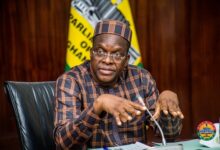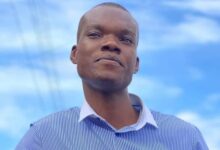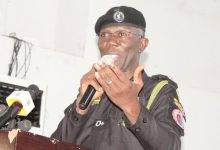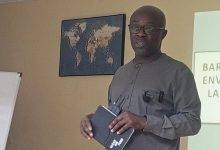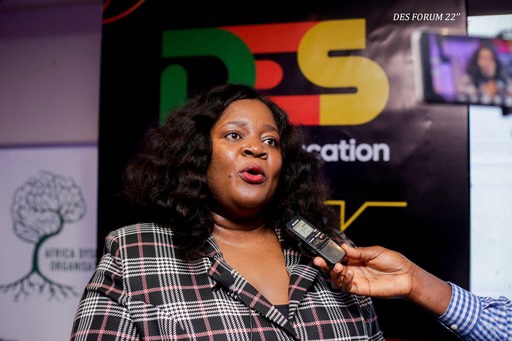
One out of every five Ghanaian children representing about 20 per cent is likely to suffer from dyslexia, a common learning disorder associated with children with normal vision and intelligence.
Dyslexia, is a learning disability characterised by difficulty in processing, producing and using language. Thus, it is a language-based learning disorder that makes it extremely hard for its sufferers to express their language skills as others easily do.
This condition tends to run in families and appears to be linked to certain genes that affect how the brain processes reading and language. Some of the most common problems dyslexics experience is the inability to read, write, spell and speak.
Founder of Africa Dyslexia Organisation (ADO), Madam Rosalin Abigail Kyere-Nartey, disclosed that many Ghanaians, including parents and teachers were not aware of this learning condition or disability hence were unable to offer any form of support to dyslexics where necessary.
She added that, dyslexic children of school going age become faced with the challenge of not receiving the needed attention and assistance to do well in their learning. They therefore often go through emotional and mental health challenges in class, as they are labelled by teachers and classmates as dumb and lazy learners.
Madam Rosalin Kyere-Nartey was speaking to some stakeholders at the ‘Dyslexia Education Stakeholders’ forum held in Accra, yesterday.
She emphasised that persons with dyslexia are not synonymous to being unintelligent, however their condition predisposes them to see and hear things differently. Dyslexics therefore only process information and learn things differently.
“When dyslexics are taught by teachers using the appropriate learning methods, they will enjoy and experience learning successfully. We have wonderful people who are dyslexics like Archbishop Nicholas Duncan Williams, Okyeame Kwame and many others,” she explained.
Madam Rosalin Kyere-Nartey therefore called on the Ghana Education Service (GES) to make it mandatory for teacher training colleges to incorporate dyslexia training in their curriculum, which would empower teachers to help pupils with dyslexia and any other forms of learning disabilities.
“Every teacher needs to have some basic knowledge and training on how to handle children with various forms of learning disabilities. Such training will go a long way to support dyslexic students whilst boosting the confidence of teachers in their various classrooms,” she said.
Also, she noted that the challenge of handling large class sizes by teachers, makes it difficult for them to identify students with the condition. This hinders teachers from making time to prepare and develop instructions, tailored to meet the needs of dyslexic learners.
Ghanaian musician, Kwame Nsiah-Apau, popularly known as Okyeame Kwame, advised parents, especially those with dyslexic children, to be patient with their wards during their learning process.
“It is your responsibility to lovingly model them to have the right emotional, conscious and intellectual values but do not beat them for not being academically good. Don’t transfer your fears onto your child,” he said.
He entreated parents to immediately send their wards to professionals with the technical know-how, to deal with issues concerning their wards’ performances in class.
The event was on the theme, “Using social-emotional learning to empower students.
BY YUNUSAH ESSANDOH & CHARLOTTE BARNS

